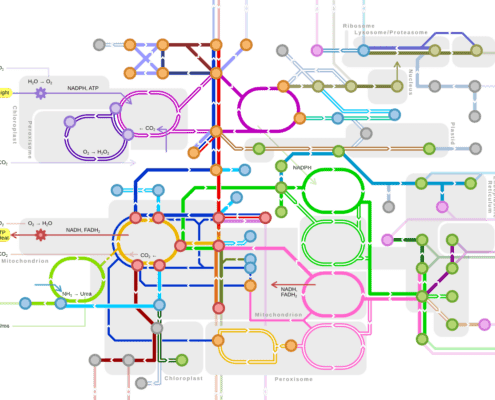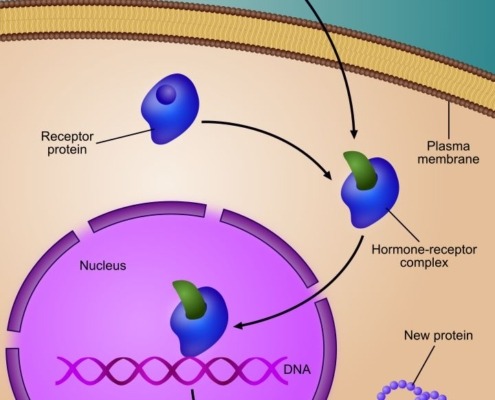
Repairing biological pathways often involves addressing the underlying causes of dysfunction and promoting the restoration of normal cellular function. The approach to repairing pathways can vary depending on the specific pathway and the nature of the dysfunction. Here are some general strategies and considerations:
- Identify the Cause of Dysfunction:
- Understand the underlying causes of pathway dysfunction. This could involve genetic mutations, environmental factors, lifestyle choices, or other external influences.
- Nutritional Support:
- Ensure that the cell has the necessary nutrients to support proper pathway function. This may involve dietary changes or, in some cases, the use of supplements.
- Drug Therapies:
- Pharmacological interventions may be necessary to modulate specific pathways. Drugs can be designed to activate or inhibit certain components of a pathway, restoring balance.
- Gene Therapy:
- In cases where genetic mutations are the root cause of pathway dysfunction, gene therapy may be considered. This involves introducing functional genes or correcting mutated genes to restore normal cellular function.
- Lifestyle Changes:
- Address lifestyle factors that may contribute to pathway dysfunction. This could include changes in diet, exercise, and other health behaviors.
- Stress Management:
- Chronic stress can negatively impact biological pathways. Stress management techniques, such as meditation, yoga, and other relaxation methods, may help restore normal cellular function.
- Physical Activity:
- Regular exercise has been shown to have positive effects on various biological pathways. It can influence metabolism, signal transduction pathways, and contribute to overall cellular health.
- Precision Medicine:
- Develop personalized treatment approaches based on the individual’s genetic makeup, allowing for more targeted and effective interventions.
- Support Cellular Repair Mechanisms:
- Enhance the cell’s natural repair mechanisms, such as DNA repair processes. This may involve supporting the activity of proteins involved in repair or removing obstacles that impede the repair process.
- Regenerative Medicine:
- Explore regenerative medicine approaches that aim to replace or repair damaged tissues and organs. This could involve the use of stem cells, tissue engineering, or other advanced therapies.
- Clinical Trials:
- Participate in or explore clinical trials that investigate new treatments or therapies for specific pathway-related disorders.
It’s important to note that repairing biological pathways can be complex, and the specific approach will depend on the nature of the dysfunction and the specific pathway involved.

Biological pathways are a series of interconnected biochemical reactions that occur within a cell. These pathways are crucial for the normal functioning, growth, development, and maintenance of living organisms.
Each pathway is a coordinated and regulated series of chemical reactions that enable cells to carry out specific functions.
I have spent the last 20 years researching and training in the following areas because I am passionate about assisting my clients in achieving optimal health and well-being:
Electro Acupuncture, Biological pathways, Cellular Membranes, Vagus Nerve, Leaky gut syndrome, Western Herbalist, Natural Remedies, Herbal Medications, Mayan Medicines, Parasites.

 Joan Cass
Joan Cass Joan Cass
Joan Cass